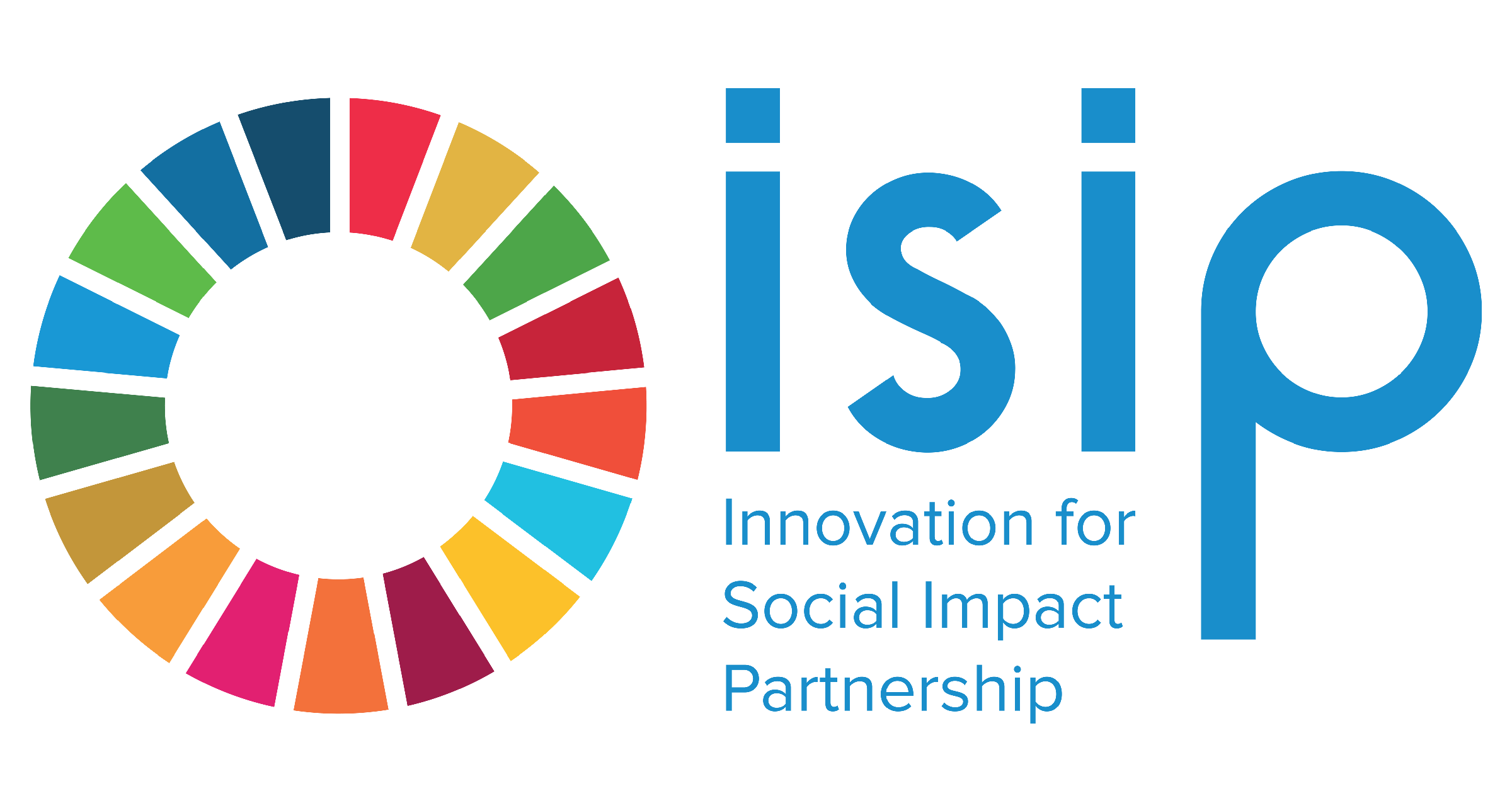Character, Competence, and Purpose: Key factors to Develop Changemakers
by Patricia Siriban
Art by Jazmin Tan
It has been a little over a year now since I joined the ISIP Project. I may have been working on a different project before, but still, I have always been drawn to the purpose of the ISIP project which is to create a sustainable pipeline of changemakers in the country through university interventions. In the past year, I managed the training of educators on how to teach Technopreneurship, and the experience led me to learn a lot about the social impact community and how the academic sector plays a pivotal role in achieving a sustainable social entrepreneurship ecosystem in the Philippines. [READ: Teaching Technopreneurship in the New Normal for a Better Normal]
But I want to bring your attention to the term “changemaker.” Creating changemakers? Sounds difficult, right? Especially with the traditional teaching methods that most students experience today. They would more likely end up trading their skills for a job that is repetitive and boring. This was the main challenge that the ISIP Faculty Training aimed to address. The series of training capacitated engineering professors on how to modify their teaching methods to integrate experiential learning and reorient the mindset of students to be able to identify problems in any situation. This allowed them to organize responses that would benefit the most vulnerable and marginalized sectors in the country.
Looking back at all the training that we have conducted, I determined three great factors that can develop a changemaker - Character, Competence, and Purpose.
Character
The barrier that hinders people from taking risks is the fear of failure. Of course, nobody wants to get criticized and rejected. We have ingrained in our minds that “No” is the end of it all, and once we hear that, we never try again because not trying feels like a safer option. The Faculty Training changed that perception by helping the participants to feel comfortable with failure and rejection throughout the workshops. The facilitated activities enabled them to seek rejection, which helped a lot in developing a character trait that entails courage, leadership, and resilience.
Competence
Apart from the technical skills taught in universities, the Faculty Training emphasized the importance of critical thinking, problem-solving, effective communications, and decision making. It is about getting out of the repetitive flow of work and allowing these prospective changemakers to always ask themselves “How can I improve this process” and “How can I better serve my community?” The workshops conducted made the participants realize that it was not always about their technical aptitude, but it was more about leveraging their technical skills to create a positive impact.
Purpose
It goes without saying that the core of the Faculty Training was getting more people to care about the critical social issues we are facing as human beings. Solving social problems, after all, is the core reason why ISIP was created. For most universities, their purpose is also geared towards nurturing productive members of society by using their academic expertise to benefit the community that they serve. Fortunately, the training was able to align the university goals to provide an avenue to contribute to the achievement of the UN Sustainable Development Goals (SDGs). It was really great to see that different universities in the country are being able to successfully integrate social innovation into their curricula and programs.
These three factors go hand in hand to ensure that universities can surely develop social drivers that will push for positive changes.
Reflection
My key takeaway from my Faculty Training experiences is that learning to become a changemaker is not solely gained within the four walls of a classroom, or in today’s case, four corners of our monitor. Everything from when we were born up to this day influences the type of person we will become. The values and traits that our parents taught us, the habits we developed as we grow independently, the social interactions we encounter with strangers, and the experiences we undergo can direct our intention towards our contribution to society.
“My key takeaway from my Faculty Training experiences is that learning to become a changemaker is not solely gained within the four walls of a classroom, or in today’s case, four corners of our monitor.”
Now that the ISIP project is finally closing, I only bear one wish. I wish for our efforts to create a domino effect for the universities and other stakeholders that we have interacted with in past years. I want to see more organizations provide the needed support for universities. I want to see universities evolve from the traditional teaching methods and provide unconventional yet stimulating opportunities for students to develop their character, competence, and purpose. Foremost, I want to see a new breed of changemakers who are committed to creating a positive impact in society.
Patricia "Sasa" Siriban is the Lead for the Education Component of the ISIP Project and the Education Program Officer of PhilDev Foundation. She leads the capacity-building of higher education institutions (HEIs) to integrate social impact in their innovation and technology entrepreneurship programs. She also leads the Technopreneurship Hub initiative of PhilDev where she work closely with 10 HEIs to strengthen their technopreneurship education and incubator operations. With over 6 years of experience in the development sector, Sasa has worked on various projects with USAID, UNDP Philippines, and the Commission on Higher Education. Sasa holds a BA in Political Science from De La Salle University and is currently completing her MBA degree from the Ateneo de Manila Graduate School of Business in Rockwell.

